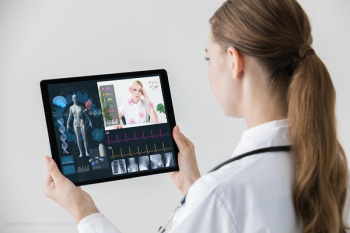
Even though practices want to start their telehealth program quickly, do not rush due diligence.

Even though practices want to start their telehealth program quickly, do not rush due diligence.

Tabassum Salam, MD, the ACP's vice president of medical education, discusses what physicians need to know to get started with telehealth right away.
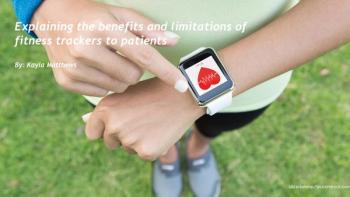
Here are pros and cons primary care physicians should keep in mind while discussing fitness trackers with their patients.

Make the most of your patient portal in the time of COVID-19.

Mobile health (mHealth) apps are exploding in number and popularity, a development that presents new challenges for physicians: How do they determine which among the thousands of health-related apps on the market will help their patients? And how do they receive and process data from these apps in a form they can use?
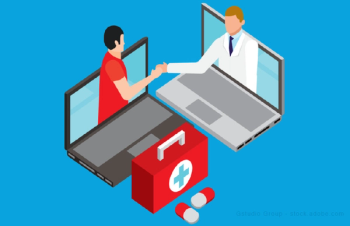
CMS has made extraordinary moves to bolster telehealth in response to COVID-19.

The most critical step is understanding what value precision medicine brings to your practice, and where it can have greatest impact from both a clinical and business perspective.

The organization is pushing doctors to use more telehealth options during the COVID-19 coronavirus pandemic.
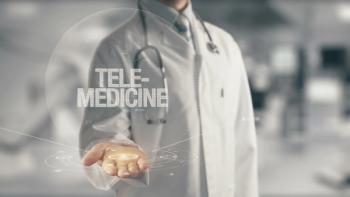
Telehealth is finally getting the attention it deserves

How to train staff to fend off hackers or data breaches.

Any talk about cybersecurity in healthcare will undoubtedly cover one or more of a hacker’s favorite tactics: Ransomware, phishing, or exploiting poor device security.

Kevin Johnson, a professional "ethical" hacker and CEO of Secure Ideas, sits down with Medical Economics to discuss what physicians and healthcare organizations can do better to defend against cyber threats.

How to keep your patients and your staff healthy
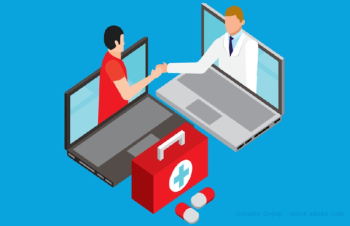
The struggle to merely access quality health services for the 15 to 20 percent of patients who live in rural areas across the United States remains real, leading to frustration and serious health consequences.

Weigh in on the ongoing debate about the ownership of medical records. Who do you think should control them?
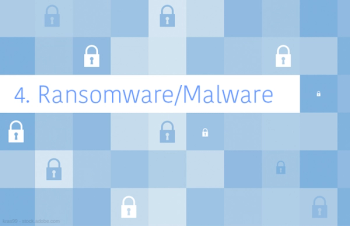
A new report details the scope of the ransomware problem since 2016.

Research shows providers' online reputation plays an important role in making an appointment.

The pace of change is accelerating in ways that we haven’t seen before. Here's some predictions for what’s coming our way.

What’s needed is a tool that leverages the latest technology to deliver better usability, flexibility, and value, designed by clinicians who truly understand the healthcare workflow. For patients, an EHR should provide a patient portal that integrates data into a clinical registry, allowing access to all their data in a single location.


Many physicians are unhappy with their EHRs. But how do you know when it’s time to change?

By embracing two-way texting as a communication channel for patient engagement, practices can achieve significant improvements throughout their operations.
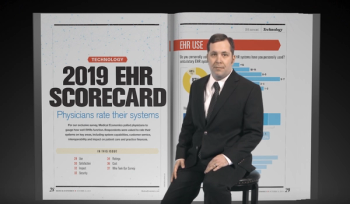
Medical Economics sat down with Andrew Pecora, MD, to discuss why EHR data sharing is so difficult, and potential solutions to this complex issue

Can EHRs be fixed? The government thinks they can. We talk to Andrew Pecora, MD, about how to improve EHR usability

These days, cyberthreats are so common that the question is no longer if an attack will occur, but when.